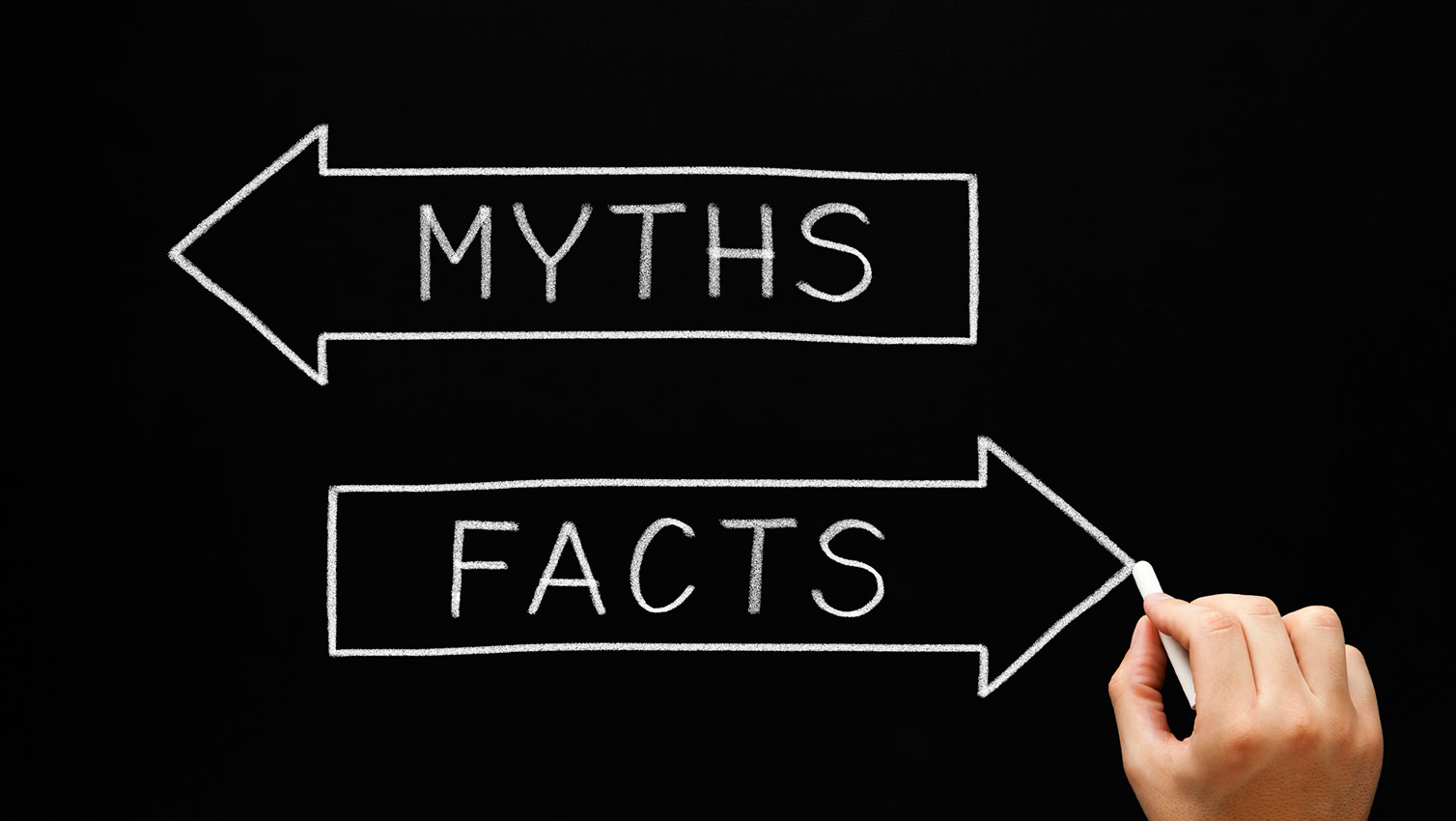
Why bother about myths?
Myths help explain why some brands enter the Zeitgeist and others do not.

Myths help explain why some brands enter the Zeitgeist and others do not.
Various market orientation and branding models are already familiar to a lot of academics and practitioners. However, the digital landscape, in particular social media, has given marketers a new set of concerns. Can these elements be brought together in a single model with positive consequences for brand equity?
The understandable quotient of high anxiety connected to the process of naming cannot be overstated. Like all things branding, the question of naming begs to be taken in context.
Place branding, as it is generally practised, can be a waste of taxpayers' money. Nicholas Ind says the model should be more participative, and that place branding should be at the forefront of democratization and engagement.
This article is based on a presentation I gave to an audience of MBA alumni from ESADE, the Spanish business school, on September 26, 2012. The title is borrowed from that well known phrase New Yorkers use to express their feelings of ‘Enough.’ It’s often spoken with great emotion and a sense of exasperation about
Strong brands can better resist uncertain economic environments and are better able to support sustainable growth. But, how is a strong brand built? By investing in I + E + A.
Cristián Saracco asks: with our reliance on technology, are we enslaving ourselves by giving up our independent thinking?
Viktor, a Russian friend of mine interested in the philosophical dimension of branding, and I are riding through California towards the Nevada border, following the route we got two weeks before from Stanley Moss at a dinner in the Ritz–Carlton Hotel, in Virginia.
The title of this short essay is a barely amusing paraphrase of the famous quotation from Bishop George Berkeley (1685–1753). Berkeley was an idealist, which means, in philosophical terms, that he believed that mind predominates over matter. In fact Berkeley was something of an extremist among idealists, believing that matter, or the material world, does not actually exist at all.
The authors look at our times and wonder whether the world is on the brink of a second Belle Époque, a new era of humanistic thought and progress.